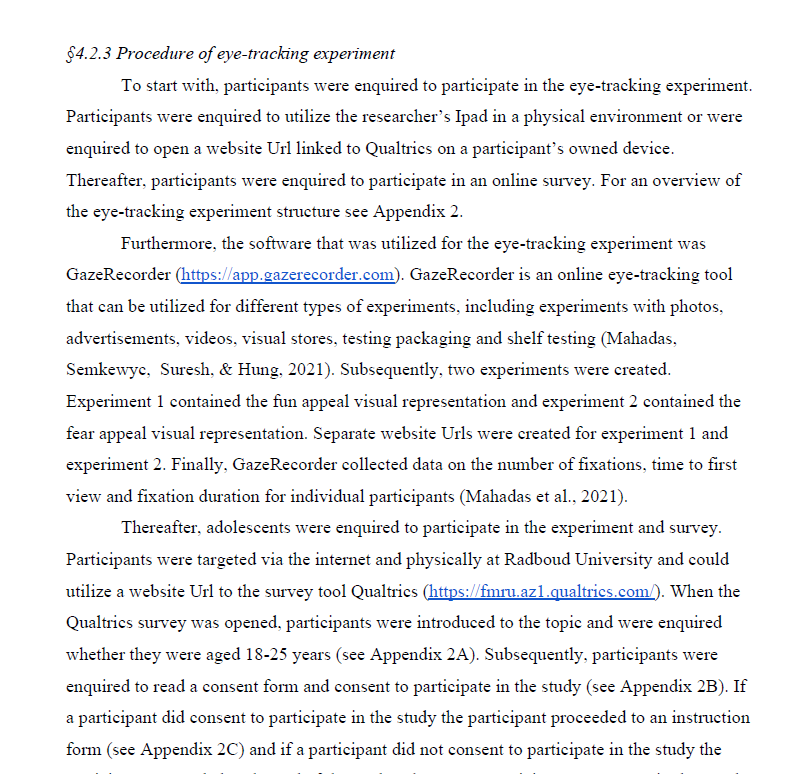The aim of this research is to identify the effects that biologically relevant stimuli (fun appeals and fear appeals) and customer contingencies (sensation-seeking) have on the effectiveness of social marketing campaigns in a social media context. The antecedents of consumer responses indicate that fun appeals, fear appeals and the level of sensation-seeking are crucial in attracting attention and stimulating cognitive evaluation (Becker and Jaakkola, 2020). Fun appeals are demonstrated to evoke positive emotions, increase faith, to remember better times, to bring happy moments and to evoke pleasure (Fiore, Jin, & Kim, 2005; Schiffman, & Wisenblit, 2019). Additionally, fear appeals are often utilized in health and safety campaigns (Hastings, Stead, & Webb, 2004; Schiffman, & Wisenblit, 2019). In addition to the antecedents, the outcomes indicate that attracting attention and stimulating cognitive evaluation are factors for advertising effectiveness (Ajzen, & Driver, 1992). Advertisement effectiveness is conceptualized as altering behavioral intention (Ajzen, & Driver, 1992). Finally, this research will utilize two types of research methods. To start with, this research will rely on eye-tracking. Finally, a survey will be utilized. In conclusion, the afore-mentioned research design is utilized to answer the following research question:
● How do fun appeals and fear appeals in a social media context affect visual attention and cognitive evaluation and how does this translate to behavioral intention?

https://theses.ubn.ru.nl/handle/123456789/13808?locale-attribute=en